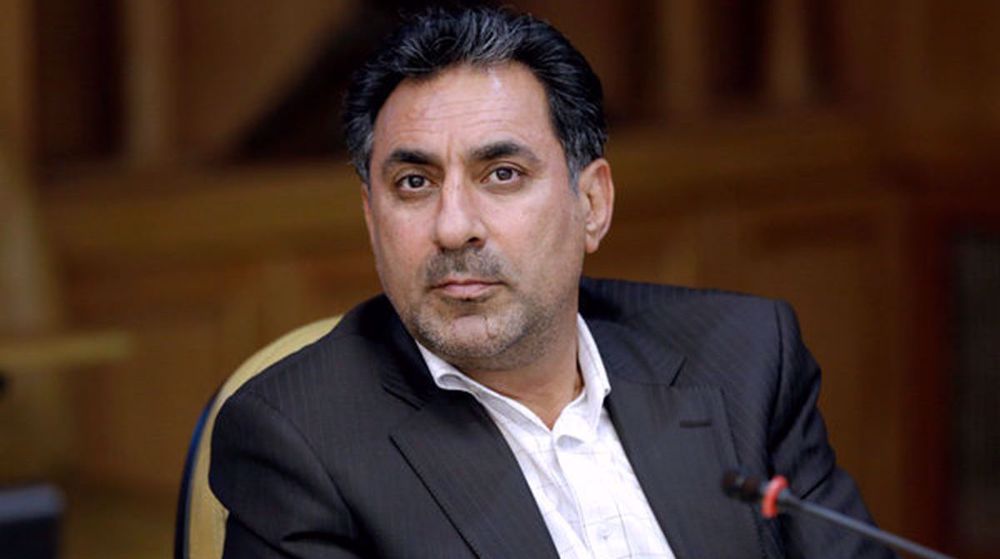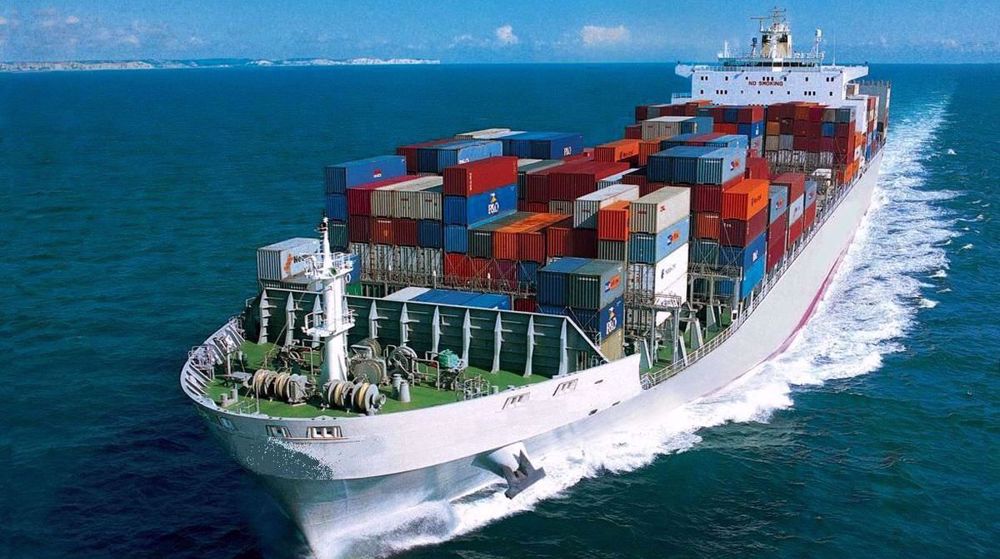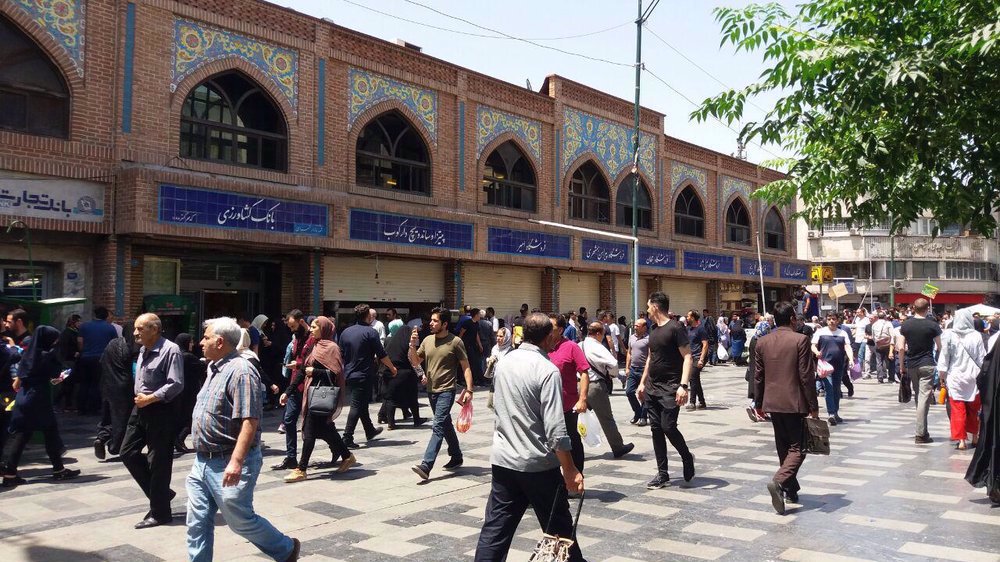Small German firms say want to keep Iran business
Small German banks say they plan to maintain their dealings with Iran even after the United States reinstates sanctions against the country in November.
AFP in a report said the determination of small lenders to keep their Iran business was because interest in sensitive markets like Iran and Sudan had seen a significant rise among enterprises from Germany as well as Switzerland over the past few years.
"We will continue to serve our clients," for now, said Patrizia Melfi, a director at the "international competence centre" (KCI) founded by six cooperative savings banks in the small town of Tuttlingen in southwest Germany.
German exports to Iran have grown since the nuclear deal was signed in 2015, adding 15.5 percent last year to reach almost 2.6 billion euros ($3.0 billion) after a 22-percent growth in 2016.
Nevertheless, the KCI will "wait and see what the sanctions look like" before turning away from Iran, Melfi said as reported by AFP.
AFP added that among Germany's roughly 390 Sparkasse savings banks, business with Iran is mostly limited to producing documents linked to export contracts.
"We will be looking even more closely at those" in the future, it quoted a person familiar with the trade as saying.
Elsewhere in the German economy, the European-Iranian Trade Bank (EIH) founded in 1971 is another conduit to Tehran.
Based in Hamburg, it for now remains "fully available to you with our products and services", the bank assures clients on its website, although "business policy decisions by European banks may result in short term or medium term restrictions on payments".
Neither does the Bundesbank (German central bank) believe that much has so far changed for business with Iran.
"Only the European Union's sanctions regime will be decisive", if and when it is changed, the institution told AFP.
Any payment involving an Iranian party would have to be approved by the Bundesbank if things return to their pre-January 2016 state.
Earlier, Germany’s Economy Minister Peter Altmaier had been quoted as saying that the German government would help firms maintain business with Iran where it can after the US decision to reimpose sanctions on the Islamic Republic.
Altmaier has told the Passauer Neue Presse newspaper that the government would help companies assess the situation and developments and ask the US to grant exemptions and deadline extensions.
Also, a top Iranian trade official was recently quoted as saying that German enterprises were exploring all avenues to maintain business with Iran once the United States re-instates sanctions against the Islamic Republic.
Abbas Ali Qasaeizadeh, the head of the German-Iranian Chamber of Commerce and Industry, was quoted by media as saying that Germany increased the level of its trade with Iran after the removal of sanctions in 2016.
Qasaeizadeh emphasized that a large number of German delegations that visited the Islamic Republic after 2016 in search of new business opportunities, stressing that this manifested the determination of Berlin in keeping its commercial ties with Tehran.
VIDEO | Press TV's news headlines
July 26: ‘Axis of Resistance’ operations against Israeli occupation
Palestinian resistance fighters hit Israeli Merkava 4 tanks
VIDEO | UK police brutal assault on Muslim family sparks outrage, protests
Hamas: Death of leader in Israeli jail amounts to murder
EU sends €1.5 billion to Ukraine from frozen Russian assets
VIDEO | Millions of Yemenis rally for Gaza, call for more anti-Israel operations
UN chief calls for Olympic truce as games begin in Paris












 This makes it easy to access the Press TV website
This makes it easy to access the Press TV website